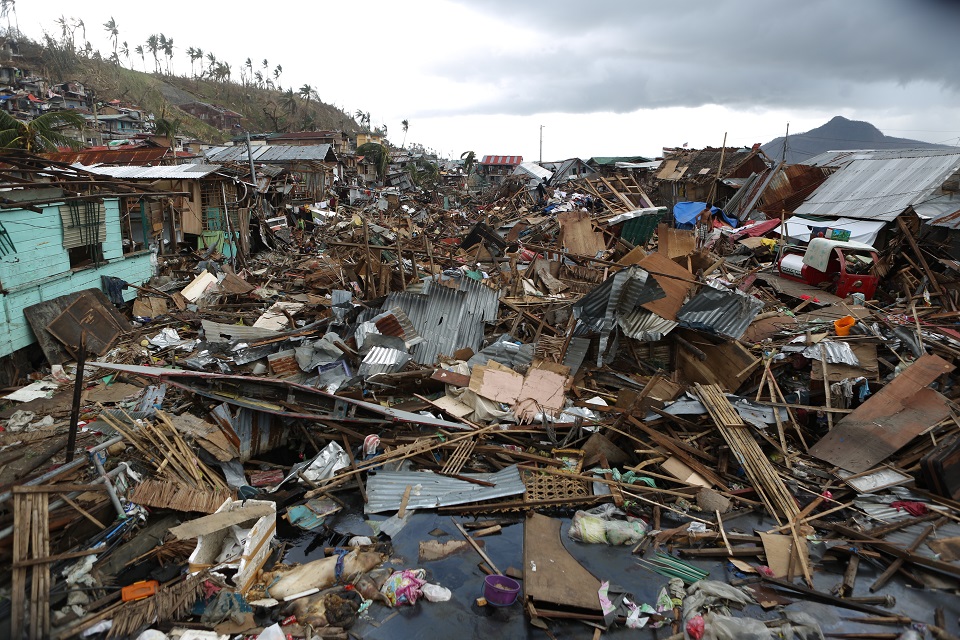Doing more with less - report on funding for disaster relief
GAD's new report for the International Federation of Red Cross and Red Crescent Societies looks at how disaster risk financing can meet as many humanitarian needs as possible.

The Government Actuary’s Department (GAD) has assessed the ways that the International Federation of Red Cross and Red Crescent Societies (IFRC) can make the greatest use of available funds. The report has been published by the Centre for Disaster Protection.
GAD’s involvement
‘Financing the forecast-based early action protocols’ has been written by the Deputy Government Actuary Colin Wilson, and GAD actuary Georgina Bedenham.
In it, they consider ways that the IFRC can manage the risks and examine the funding options available to the IFRC.
Planning and responding
The IFRC has developed early action mechanisms through forecast-based financing.
These response plans, or early action protocols, set out just when the IFRC should respond to a disaster, what it should do and what level of funding is available.

Maximise impact
Report co-author Colin Wilson said: “There are several steps that disaster relief organisations should consider, especially as not all disasters will occur at the same time.
“They should have resources ready should a disaster materialise, make sure the funds are used effectively in order to maximise humanitarian impact, and plan how to address any potential funding shortfalls.”